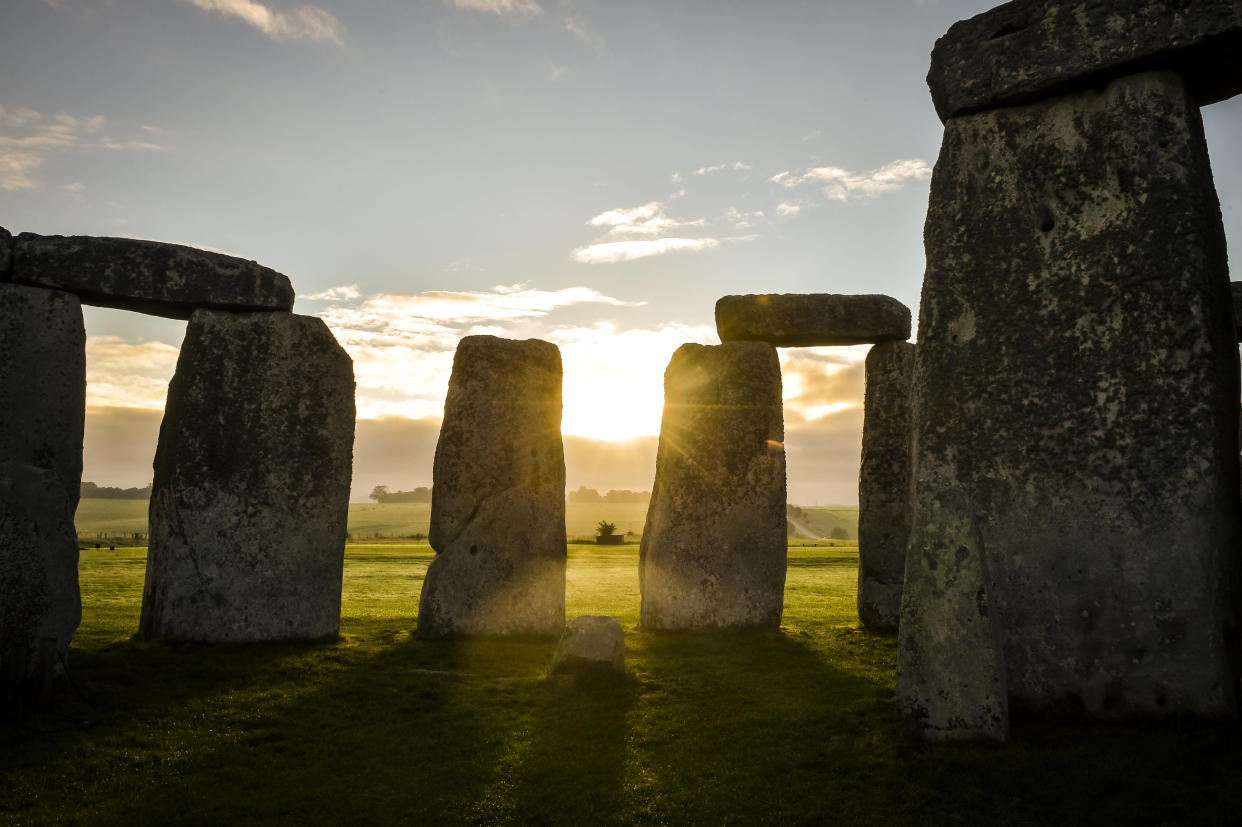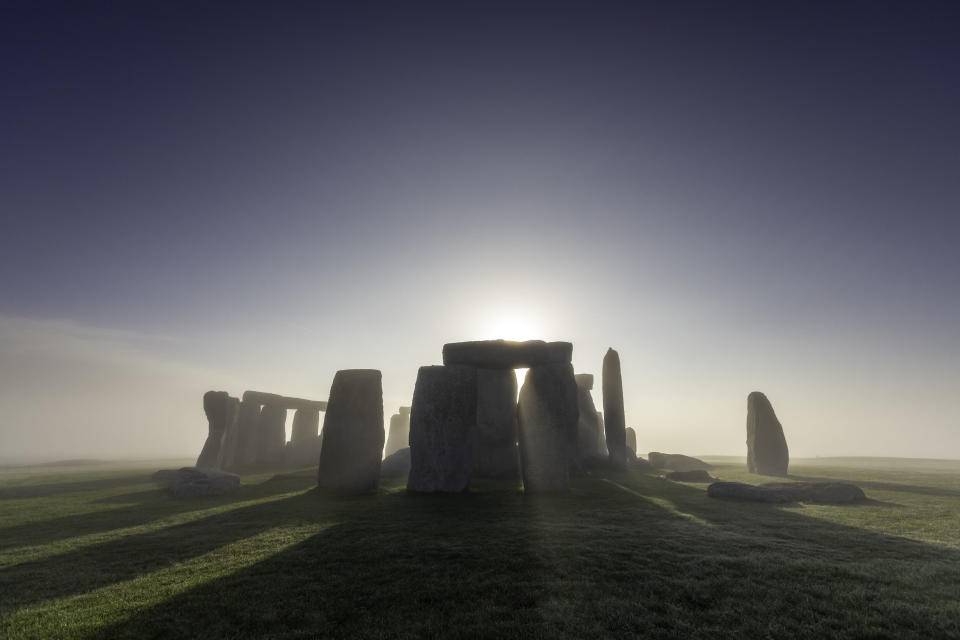Stonehenge built by descendants of Turkish immigrants who travelled across the Mediterranean, says study

Stonehenge was built by the ancestors of immigrants who came to Britain from across the Mediterranean, scientists have revealed.
Researchers compared DNA extracted from Neolithic human remains found in the UK with that of people alive at the same time in Europe to make the discovery.
They found the Neolithic inhabitants travelled from Anatolia - what is now Turkey - to Iberia before making their way north to Britain in about 4,000BC.
The findings have been published in the journal Nature Ecology & Evolution.
The DNA testing showed that Neolithic Britons were largely descended from groups of early farmers who travelled west across the Mediterranean from Anatolia.
Read more
Dramatic footage shows police taser knife-wielding man on train station platform
Man attacked after fall by 'world's deadliest bird' with deadly four-inch claws
Mother held in Dubai over Facebook ‘horse’ posts says she 'wanted to die'
They travelled by hugging the coast or going from island to island on boats.
When they arrived, Britain was inhabited by groups of western hunter-gatherers, but the tests found the two groups did not really mix.

Eventually, the hunter-gatherers were almost totally replaced by the farmers, a change believed to be down to sheer numbers.
"We don't find any detectable evidence at all for the local British western hunter-gatherer ancestry in the Neolithic farmers after they arrive," the study’s co-author Dr Tom Booth, a specialist in ancient DNA from the Natural History Museum in London, told the BBC.
"That doesn't mean they don't mix at all, it just means that maybe their population sizes were too small to have left any kind of genetic legacy."
Co-author Professor Mark Thomas, from University College London, said the Neolithic farmers were well-prepared for growing crops when they reached Britain.

 Yahoo News
Yahoo News 

